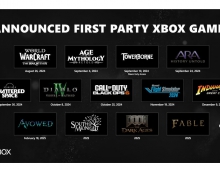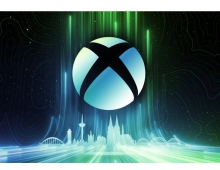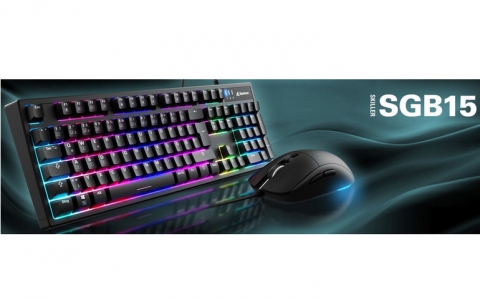
Microsoft expands Xbox Live in Asia
Microsoft will kick off its Xbox Live online gaming service in Taiwan, Hong Kong
and Singapore in April, making inroads into Asian markets dominated by Sony's
PlayStation 2 console.
The launch in some of Asia's most Internet-wired regions plays to the strength of
the Xbox hardware, which, unlike its competitor, comes ready for online play right
out of the box.
XBox Live, which was launched in the United States in November 2001, allows gamers to compete against other XBox owners via Internet connections.
For example, a gamer from Japan could dogfight a competitor from the UK in the air combat title 'Crimson Skies', if both players owned the game and subscribed to the Live service.
April's roll-out in the three Asian centres would follow Xbox Live's October 30 launch in South Korea, which has the world's highest broadband Internet penetration. Microsoft claims the service had since gained 6,500 subscribers in Korea.
The subscription price for the new centres will be announced nearer the launch. A starter kit in the United States costs $70 for a year.
Microsoft said it had sold around 1.3-1.4 million consoles in the Asia-Pacific region, including Japan, out of 13.7 million sold worldwide.
Sony Corp recently said it shipped its 70 millionth PlayStation 2. However, only 2.4 million PS2s have been sold with add-on equipment for online play, Microsoft says.
Sony's wide-ranging influence has allowed it maintain many exclusive relationships with game makers, particularly Japanese houses that make games favoured by Asian players.
A browse through the message boards on Taiwan's gaming Web sites reveals that XBox players are keen to test their skills against online competition. However, they also bemoan the lack of games tailored to Asian tastes.
In turn, Microsoft is encouraging local software houses to create games for the XBox, with games from both Taiwan and Korean developers expected to arrive this year. Microsoft currently has projects with 30 developers in Taiwan and Korea.
Unlike Sony, Microsoft has managers in both Taiwan and Korea charged with building relationships with local software firms, and takes pains to translate its most promising game titles into Chinese, from manuals to in-game text and even voice-overs.
XBox Live, which was launched in the United States in November 2001, allows gamers to compete against other XBox owners via Internet connections.
For example, a gamer from Japan could dogfight a competitor from the UK in the air combat title 'Crimson Skies', if both players owned the game and subscribed to the Live service.
April's roll-out in the three Asian centres would follow Xbox Live's October 30 launch in South Korea, which has the world's highest broadband Internet penetration. Microsoft claims the service had since gained 6,500 subscribers in Korea.
The subscription price for the new centres will be announced nearer the launch. A starter kit in the United States costs $70 for a year.
Microsoft said it had sold around 1.3-1.4 million consoles in the Asia-Pacific region, including Japan, out of 13.7 million sold worldwide.
Sony Corp recently said it shipped its 70 millionth PlayStation 2. However, only 2.4 million PS2s have been sold with add-on equipment for online play, Microsoft says.
Sony's wide-ranging influence has allowed it maintain many exclusive relationships with game makers, particularly Japanese houses that make games favoured by Asian players.
A browse through the message boards on Taiwan's gaming Web sites reveals that XBox players are keen to test their skills against online competition. However, they also bemoan the lack of games tailored to Asian tastes.
In turn, Microsoft is encouraging local software houses to create games for the XBox, with games from both Taiwan and Korean developers expected to arrive this year. Microsoft currently has projects with 30 developers in Taiwan and Korea.
Unlike Sony, Microsoft has managers in both Taiwan and Korea charged with building relationships with local software firms, and takes pains to translate its most promising game titles into Chinese, from manuals to in-game text and even voice-overs.





















